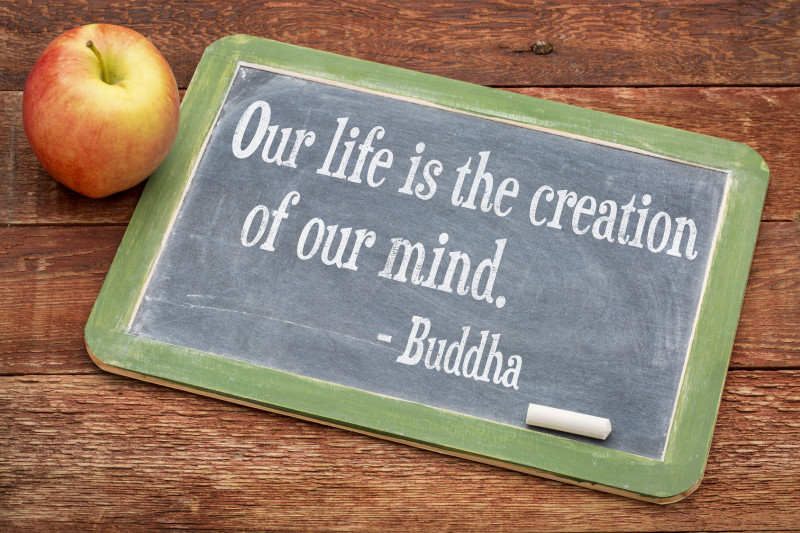My Grateful Heart
The fourth song on the new CD, “IN: Chants of Mindfulness and Compassion”, is called My Grateful Heart. It was written by Laura Fannon, a member of the Threshold Choir (groups of mostly women who sing at the bedsides of the dying).
The words go like this:
My grateful heart, so filled with years of living
Memories flow by me, like petals on a stream
My grateful heart, forgives so many sorrows
Brings peace that lasts forever
Illuminates the dream
Dr. Fred Luskin, founder of the Stanford Forgiveness Project, teaches that authentic forgiveness isn’t possible without gratitude. We need gratitude, and an awareness of the good things in our lives, in order to have the resilience to forgive. Brene Brown, who researches and writes extensively on vulnerability, shame, and resiliency, teaches that gratitude is necessary for joy.
Gratitude – practiced intentionally and consciously – helps lend a fresh perspective to our lives, so that we are not overly caught in the negative.
The Buddha gave a teaching about a loving heart that applies to gratitude. He said, if you put a spoonful of salt into a glass of water, the water will taste salty. But if you put that same spoonful of salt into a lake, you won’t taste the salt.
When our minds to not have the resilience and perspective that gratitude can help to provide, then our suffering can color the whole of our mind, the way the salt flavors the whole glass of water. But that same suffering, in the spacious container provided by an awareness and appreciation of the good things in our lives, becomes more manageable and less overwhelming.
Laura Fannon’s song, written to ease the transition for dying people and their families, reminds us that gratitude “Illuminates the dream”. Looking at life through a lens of gratitude, the difficult things are held in a better perspective, and the good things are more a part of our identity and world view.
So why not try an intentional gratitude practice? I do it, and it’s an important part of my self care. Here are three things I do-
- I have a gratitude buddy. My friend Leann and I email each other several times a week (usually), simple lists of things we are grateful for that day
- Ten things: I use my ten fingers to come up with ten things I am grateful for. This is especially helpful when I am caught in negative thinking and/or painful emotion. It creates that different lens for seeing my life, “illuminates the dream” – puts more space of fresh water around the salt of life.
- Sing “My Grateful Heart” to remind myself of the good things!
Love and peace to you, Eve
CD RELEASE CONCERT AT THE FREIGHT AND SALVAGE!
Saturday September 26, 2015 8PM
www.freightandsalvage.org (Berkeley, CA)
Join Eve Decker, Julie Wolf, Kent Welsh, Ben Decker and other special guests
Celebrating the Release of Eve’s New CD, IN: Chants of Mindfulness and Compassion
Click here to purchase tickets ($21 adv./$23 at door)
With Special Guests!
Jennifer Berezan, Creator of Praises to the World and Song for All Beings!
Vocal Activist Melanie DeMore
Spirit Rock teacher Donald Rothberg
Buddhist teacher and performer Nina Wise
Musician and Activist Betsy Rose
Members of the Threshold Choir (choirs of women who sing at the bedsides of the dying)
“Eve’s songs–the music, the words, and most of all her voice–comfort and embrace.” – Sylvia Boorstein, founding teacher, Spirit Rock Meditation Center


